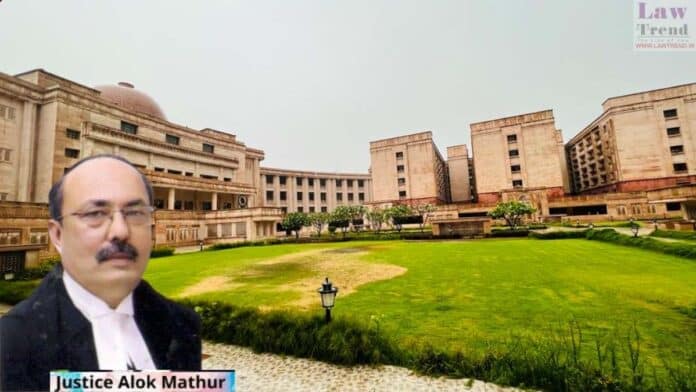The Allahabad High Court has underscored the sanctity of property rights under Article 300A of the Indian Constitution, asserting that the right to property inherently includes the right to develop it, subject to reasonable regulations. In a significant judgment, the court ruled against NOIDA’s decision to reject a building plan on arbitrary grounds, emphasizing that
To Read More Please Subscribe to VIP Membership for Unlimited Access to All the Articles, Download Available Copies of Judgments/Order, Acess to Central/State Bare Acts, Advertisement Free Content, Access to More than 4000 Legal Drafts( Readymade Editable Formats of Suits, Petitions, Writs, Legal Notices, Divorce Petitions, 138 Notices, Bail Applications etc.) in Hindi and English.




